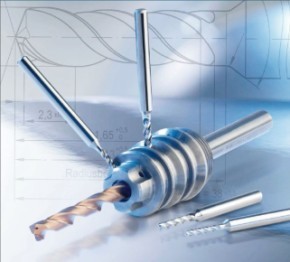Title: The Importance of Bearings in Automotive Engineering
Bearings are integral to automotive engineering, supporting the smooth operation of various vehicle components. This article examines the different types of bearings used in cars, their applications, and how advancements like geomembranes enhance performance.

Which Bearings Are Commonly Used in Vehicles?
- Wheel Bearings: Provide smooth rotation for wheels.
- Engine Bearings: Support crankshafts and camshafts.
- Transmission Bearings: Allow gears to shift smoothly.
- Steering Bearings: Facilitate smooth steering movements.
Why Are Wheel Bearings Critical for Vehicle Safety?
Wheel bearings support the weight of the vehicle while reducing friction as the wheels spin. If they fail, it can lead to wheel wobbling, uneven tire wear, and even dangerous driving conditions.
How Do Bearings Affect Fuel Efficiency?
Bearings reduce friction, which in turn reduces the energy needed to move the vehicle. High-quality bearings that are well-maintained can improve fuel efficiency by minimizing power loss.
What Role Do Geomembranes Play in Automotive Bearings?
In vehicles exposed to harsh conditions like mud, saltwater, or extreme heat, geomembranes provide an additional layer of protection, preventing contaminants from reaching critical bearing components.
Bearings are essential in automotive engineering, ensuring smooth, efficient, and safe vehicle operation. From wheel bearings to transmission components, these small parts make a big difference. Incorporating protective solutions like geomembranes can further enhance their reliability and longevity.